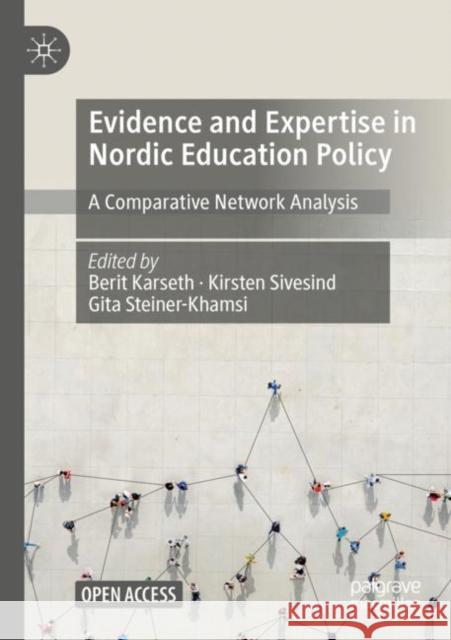Evidence and Expertise in Nordic Education Policy: A Comparative Network Analysis » książka
topmenu
Evidence and Expertise in Nordic Education Policy: A Comparative Network Analysis
ISBN-13: 9783030919610 / Angielski / Miękka / 2022
Evidence and Expertise in Nordic Education Policy: A Comparative Network Analysis
ISBN-13: 9783030919610 / Angielski / Miękka / 2022
cena 160,99
(netto: 153,32 VAT: 5%)
Najniższa cena z 30 dni: 154,18
(netto: 153,32 VAT: 5%)
Najniższa cena z 30 dni: 154,18
Termin realizacji zamówienia:
ok. 16-18 dni roboczych.
ok. 16-18 dni roboczych.
Darmowa dostawa!
Kategorie:
Kategorie BISAC:
Wydawca:
Springer Nature Switzerland AG
Język:
Angielski
ISBN-13:
9783030919610
Rok wydania:
2022
Wymiary:
23.5 x 15.5
Oprawa:
Miękka
Dodatkowe informacje:
Wydanie ilustrowane











